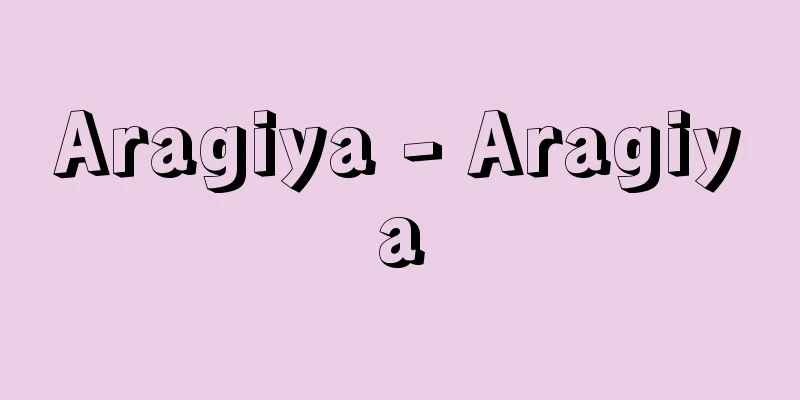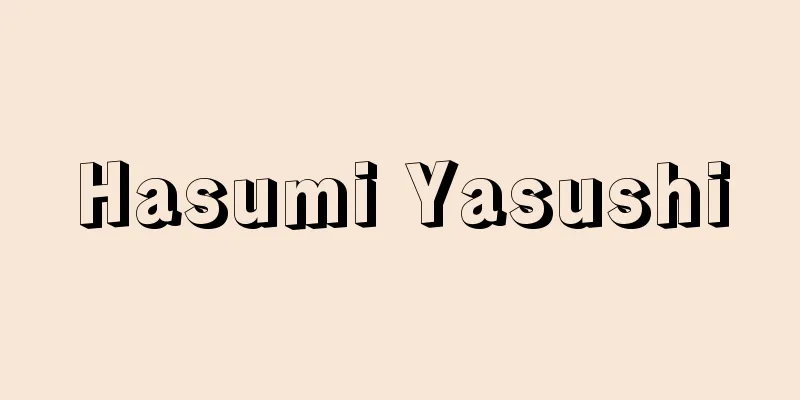Negligence handcuffs - kataitejo

|
〘Noun〙 One of the punishments in the Edo period. When a person who was sentenced to a fine was unable to pay it, handcuffing was used as an alternative punishment, and it was only applied to commoners. ※Kinryo Ko - Goshu, Volume 4, Volume 33 (1744) "Punishment for those who are released from prison and have their handcuffs removed and return to their place of residence <abbreviated> Those who are released from their handcuffs for the offense will be punished for the number of days specified." Source: The Selected Edition of the Japanese Language Dictionary About the Selected Edition of the Japanese Language Dictionary Information |
|
〘名〙 江戸時代の刑罰の一つ。過料の刑を言い渡された者が、これを納付することができない時に、かわりの刑として手錠をかけるもので、庶民にだけ適用された。※禁令考‐後集・第四・巻三三(1744)「牢抜手鎖外し御構之地え立帰候もの御仕置之事〈略〉一手鎖外し候もの 過怠手鎖に候はば、定之日数より」
出典 精選版 日本国語大辞典精選版 日本国語大辞典について 情報 |
<<: Bankruptcy by Negligence - Katahasanzai
Recommend
Sweet Potato Comparison Festival - Sweet Potato Comparison Festival
...However, in the history of Japanese farmers an...
Seasonal words - mushroom words
In renga, haikai, and haiku, a word is incorporate...
Suction cup - kyuuban
This is an organ that animals use to attach to ot...
Business development - Kigyoseibi
The term "company reorganization" refers...
Doāb (English spelling)
It means "two rivers" in Urdu and Hindi,...
Ganryu
One of the legendary schools of swordsmanship. It ...
Chattonella antiqua (English spelling) Chattonellaantiqua
...In addition, nori seaweed farming is actively ...
Amidakuji (Amitabha lottery) - Amidakuji
This comes from the fact that lines were drawn rad...
Sudden rise in temperature
A phenomenon that occurs in the stratosphere in t...
Ohashigawa River
A river in northeastern Shimane Prefecture that co...
Kankokuheisha - Kankokuheisha
Kanpeisha (official shrines) and kokuheisha (nati...
Lower tone - Geon
It is one of the melodic forms of Buddhist music, ...
Ochiai (music) - Ochiai
...The first section, called daijo, was a place o...
Maskelynite (English spelling)
A glass of plagioclase composition that is amorphi...
Fahlerz
…A mineral with the chemical formula Cu 10 (Fe,Zn...









